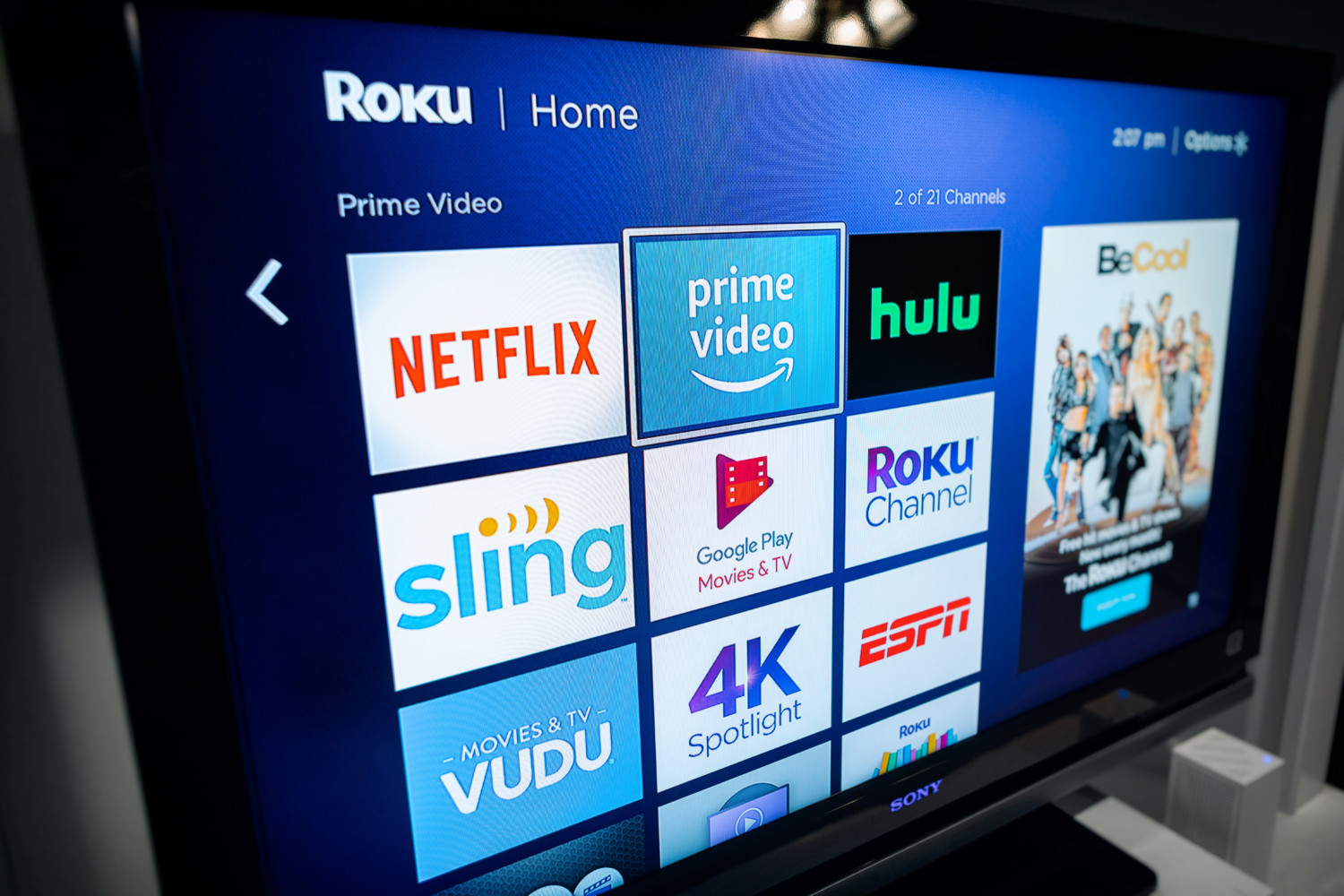Advertisers are always looking for ways to catch the attention of potential customers, and one classic way to do this is to turn up the audio on TV commercials, so viewers hear them loud and clear. But how loud is too loud?
If you’ve been grumbling about the crazy volume during commercial breaks recently, you’re not alone. The Federal Communications Commission (FCC) has received tons of complaints about the loudness of televised ads recently — particularly since the pandemic drove people to clock more hours at home in front of the TV.
Between November 2020 and February 2021, there was a whopping 140% increase in FCC complaints about loud commercials, compared to the same time period the year before, according to Business Insider.
And when it comes to commercials airing on cable TV, there might be something the FCC could do about the obnoxious volume level. But if you’re complaining about the loudness during commercial breaks on streaming services such as Hulu, you may be merely shouting into the abyss.

Loud Ads May Be Illegal—Except On Streaming Channels
When it comes to commercials airing on broadcast TV, the loudness isn’t just annoying — it could be a violation of a 2011 act of legislation called the Commercial Advertisement Loudness Mitigation Act (CALM).
Sponsored by Rep. Anna Eshoo of California and Sen. Sheldon Whitehouse of Rhode Island, the CALM bill basically required that the volume of TV commercials should not exceed the average dialogue level of the shows that accompanied them.
When they were originally introducing the bill, Rep. Eshoo stated that it was the most popular piece of legislature she’d ever sponsored. The FCC adopted the rules in 2011, but gave the industry a one-year grace period to adopt them.
So, why are we still dealing with this, nearly a decade after that grace period expired? For one thing, enforcing the regulation hasn’t been a high priority for the FCC, and the organization doesn’t actually audit cable stations. What’s more, the use of streaming services like Hulu, Disney+, HBO Max and others has skyrocketed in recent years — but the FCC has no jurisdiction over streaming channels. Although those streaming services might seem just like cable TV channels, they’re legally defined as something else entirely, so they do not fall under the regulation of the FCC.
Basically, the federal rules about the volume of TV ads cannot be applied to streaming services, and if you’re peeved by how loud commercials are on these channels, you don’t really have anywhere to go with your complaints.

Loud Noise Can Lead To Hearing Loss And Even Dementia
If you’re thinking that everyday noise like the volume on television commercials isn’t that big a deal, think again. The cumulative damage to our hearing from noise over the course of our lives can lead to hearing loss, of course, but also impaired brain function in older age — and even dementia.
“Hearing loss is now known to be the largest modifiable risk factor for developing dementia, exceeding that of smoking, high blood pressure, lack of exercise and social isolation,” the New York Times explained in 2019. Citing an analysis published in The Lancet, the Times article noted that “preventing or treating hearing loss in midlife has the potential to diminish the incidence of dementia by 9%.”
Hearing loss can keep people socially isolated, and it makes the brain work harder to understand what it hears, which diminishes its ability to complete other cognitive tasks. Not being able to hear also means that we won’t hear stimulating sounds, and a less-stimulated brain will become less agile over time.
The bottom line? We can protect our brains from cognitive impairment if we protect our hearing — and turning down the volume during commercial breaks is one way to make sure we’re not enduring unnecessary noise.
This story originally appeared on Simplemost. Checkout Simplemost for additional stories.


